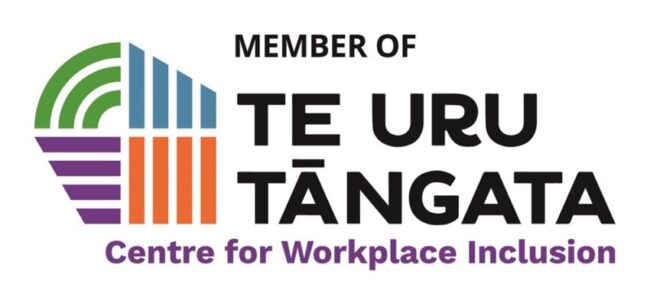Last week the Commerce Commission announced that it has filed criminal charges against two construction companies and two directors for alleged bid rigging of publicly funded construction contracts. This is the first time in New Zealand that a criminal prosecution will be brought for alleged cartel conduct.
The Commission claims two construction companies and their directors colluded to rig bids for infrastructure projects in Auckland. Cartel conduct became a criminal offence in 2021 and carries a penalty of up to 7 years imprisonment and/or fines of up to $500,000 for individuals, while businesses can face criminal fines equal in value to those under the civil regime.
Cartel conduct
Cartel conduct occurs where two or more business competitors agree not to compete with each other by price fixing, allocating markets or customers, or restricting the output or acquisition of goods and services.
Bid rigging is a form of cartel conduct that typically interferes with independent price setting, thereby frustrating market competition. It involves agreement or understanding between bidders about who should win the tender or who will have an unfair advantage in the tender. Bid rigging might look like potential bidders refraining from bidding, or otherwise agreeing in advance on the prices each party will bid. For example, one party might submit a tender at an inflated price to improve the other party’s chances of winning the tender. This is known as “cover pricing”.
The Commission has stated that “bid rigging of publicly funded construction contracts loads extra costs onto taxpayers and the New Zealand economy as conduct of this type undermines fair competition.” In filing these criminal proceedings, the Commission is sending a strong message to businesses that cartel conduct carries serious consequences and has made clear that cartel conduct will not be tolerated.
Leniency
The Commission has a Cartel Leniency and Immunity Policy that enables it to grant immunity from prosecution to any individual or company engaged in cartel conduct where certain requirements are met. If immunity is granted, the Commerce Commission will not take civil enforcement action against companies or individuals who have engaged in cartel conduct. The Commission can also make recommendations to the Solicitor-General that individuals and/or companies cooperating with the Commission should also be granted immunity from criminal prosecution.
The Cartel Leniency and Immunity Policy is a valuable tool in assisting the Commission in its detection of cartels. Leniency can be granted to the first member of a cartel who discloses the cartel conduct (provided they meet the requirements for leniency), thereby incentivising members to come forward.
See the Commerce Commission’s media release here.
Special thanks to Summer Clerk Stella Smith for her assistance in writing this article.




